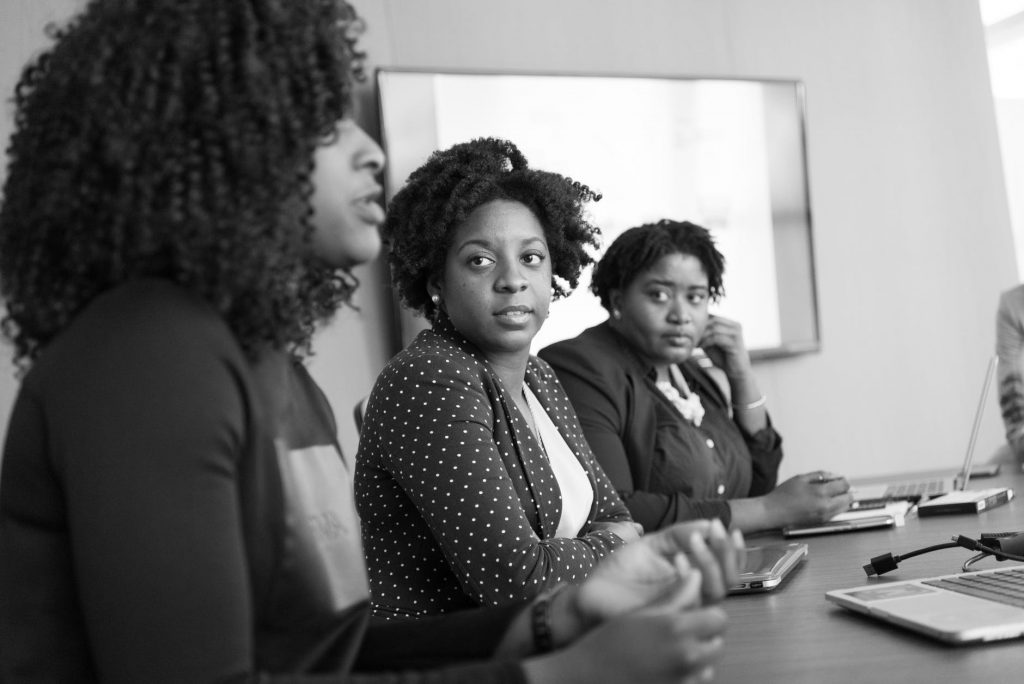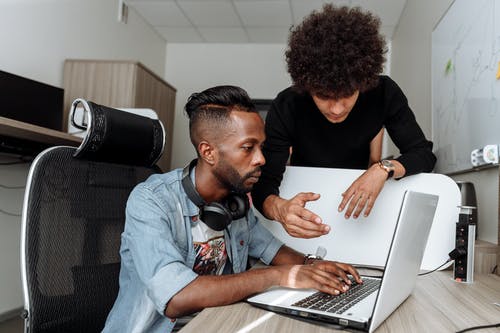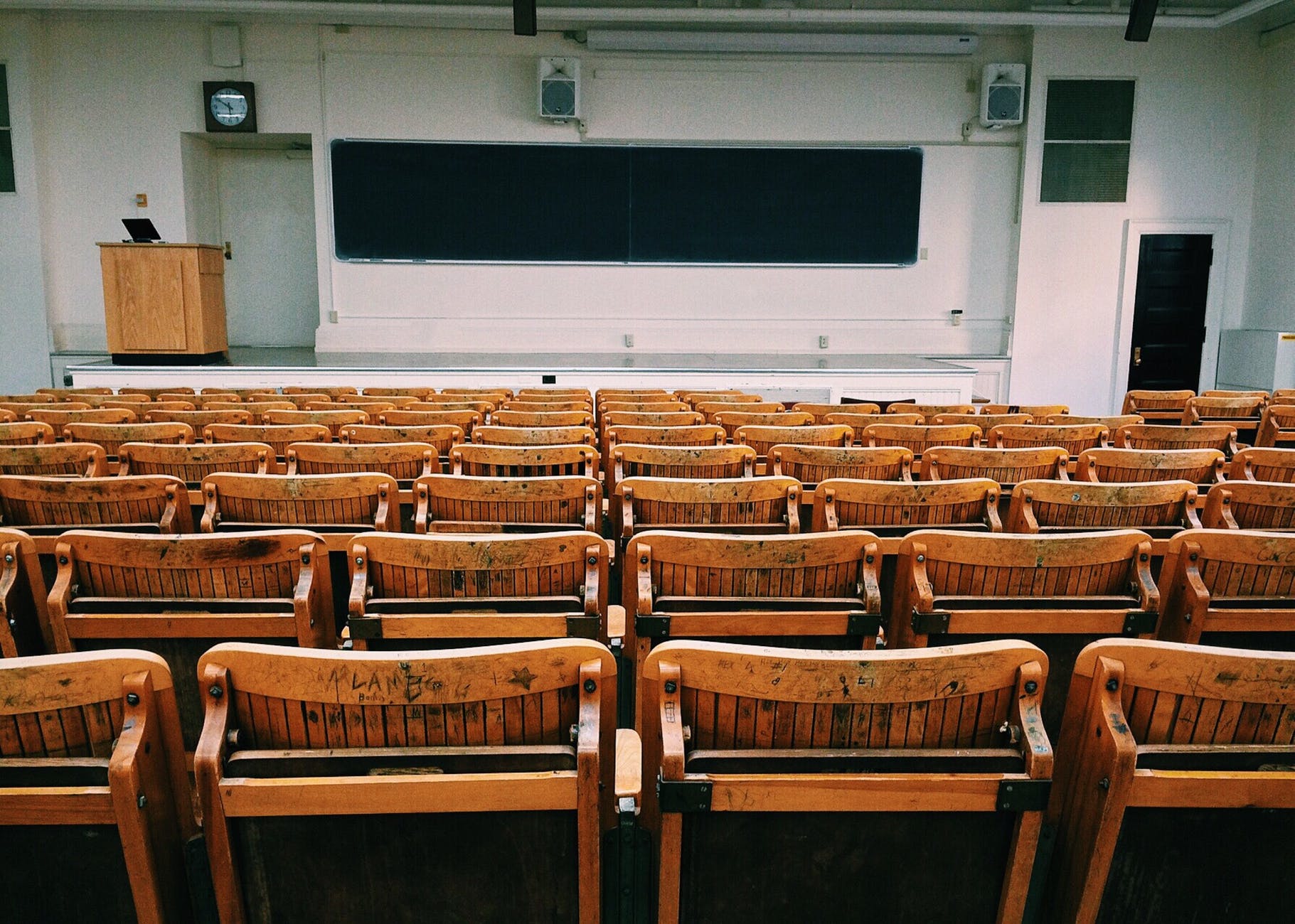
Trying to connect with students? Here’s how.
As educators and professionals, we are often experts in our fields and disciplines. However, when it comes to tackling issues around racial trauma and discrimination, it is important to set aside status and take the back seat so that we may allow ourselves to be taught.
The following quotes were taken from focus groups with students discussing issues around discrimination in education.
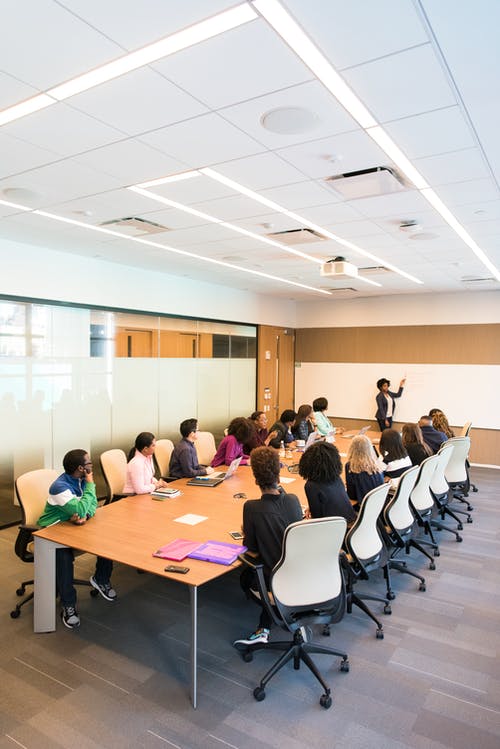
Facilitate.
“Rekia Boyd, or Philando Castille or Michael Brown when they died at the time, I would have loved to have a discussion with my classmates to clear my frustration or share my sadness about it.”
“People can have an open discussion even if there is only like one Black person in the room. I feel like that’s not really an excuse to pretend it didn’t happen.”
“It’s like having that space for people so they don’t have to create it on their own.”
Don’t be afraid to apologize.
“I was in high school when Treyvon Martin died and my English teacher made this huge banner and instead of it saying Black Lives Matter, it said All Lives Matter. We laid out exactly why that was problematic, why that should not have been made [and] why we wanted it to change and she listened. She apologized and [said] 'I didn’t think it was as deep as it was,' and she was coming from a place of reaction. So just being able to say 'I’m sorry. I didn’t know that or I didn’t have the expertise on the situation' [would be helpful]."
Click here for a resource on how to give a genuine apology.
Representation Matters.
“Having male Black teachers was really integral to how I view myself, how I view being a Black person [and] my sense of racial pride.”
"Seeing professional college educated Black people, who could be role models like my parents, was really important.”
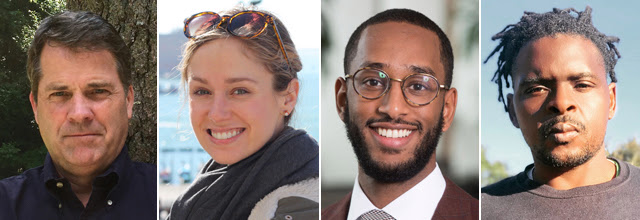
Read more from this UofM team. Here’s how to build trust with students as schools open up. Left to right: Peter Demerath, Sara Kemper, Eskender Yousuf, & Bodunrin Banwo,
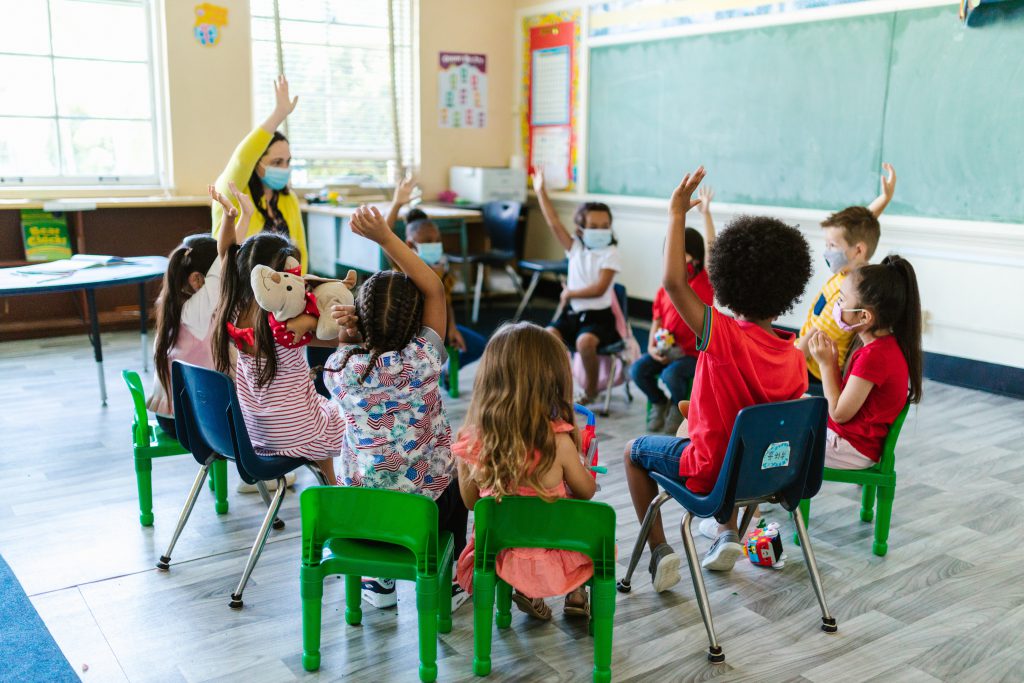
For K-12 educators.
Living in a racialized society, it is never too early to begin learning.
Cultivating Genius: How to Select Culturally and Historically Responsive Text An equity framework for historically and culturally responsive literacy.
Teaching Hard History: Explores how educators can effectively teach the truth about slavery
Learning for Justice: Free educational resources help foster shared learning and reflection for educators, young people, and all community members.
Facing History: Explores how to teach about racial justice in the context of current events
Curriculum Violence: Article discussing racial trauma in school curriculum
Teaching for Black Lives: Edited volume discussing BLM in Education
Stamped (For Kids): Racism, Antiracism, and You: Book aimed toward young adults to teach them about antiracism

College and beyond.
Learning about race is a lifelong process- stay up to date with these select resources.
What is Critical Race Theory? Resources for Educators and What Is Critical Race Theory, and Why Is It Under Attack?: Critical race theory has been making rounds in the news lately- here are two resources to help inform your discussions about CRT with others.
Racial Literacy Project: Space for students to voice their concerns, share their experiences, and find constructive ways to improve their practice by challenging their notions about race.


